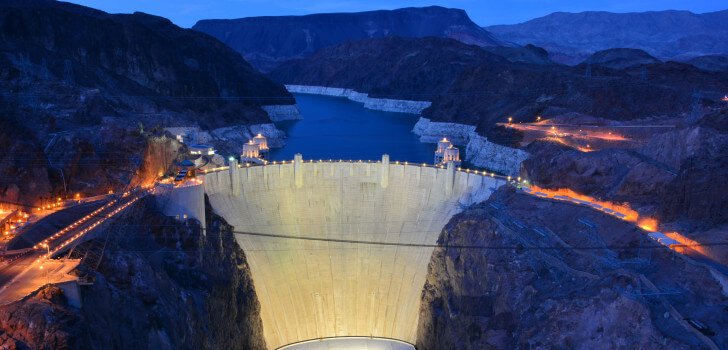A recent analysis of the world’s water supply has shown that humans are consuming much more water than was initially believed. It turns out that local attempts to drive and control water through irrigation systems and dams has been wasting water by ramping up the water cycle process.
The analysis was stated by University of Gothenburg physical geologist Fernando Jaramillo and University of Stockholm hydrologist Georgia Destouni. The scientists found a connection between Swedish dams and spikes in the water cycle. From there, the duo expanded their research to a global scale, focusing on the simple formula of monitoring water basins.
Basically, precipitation enters the enclosed water basin while water runoffs and withdraws exit. Any difference between the input and output is caused by the water cycle process of evapotranspiration. The team found complete data sets for 100 different water basins, and were able to analyze the water levels between the years of 1901 and 2008.
The team found that water reservoirs, dams and irrigation systems were responsible for increasing the process of evapotranspiration. This led to the discovery that the global water consumption of humans is 18% higher than the most recent estimate. According to scientists, humans are using water to a point that could cause irreversible environmental changes.
Water experts have said that a full-scale freshwater shortage would lead to massive food shortages and civil unrest. Dams are currently associated with anywhere between 12% and 16% of total global food production. The recent analysis shows that dams could ultimately pose a major threat to the global food supply.
For now Jaramillo and Destouni say that more research is needed to see what kind of impact climate change is having on the global supply of freshwater. The team also wants to see how other human activities are affecting the Earth’s water.
Destouni says, “There are things I can do myself, but as a society we need to keep track of how we use our resources. We need to know how much we use so we can know how much we can change before compromising our own existence.”
Stay Connected